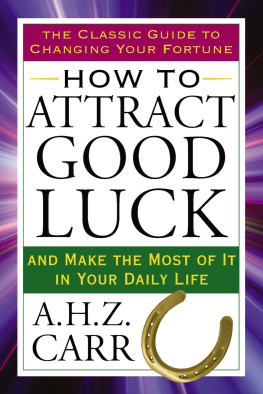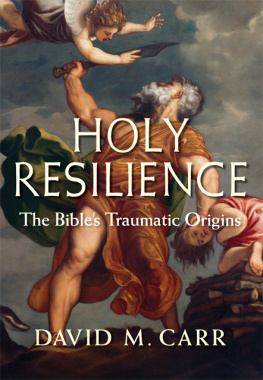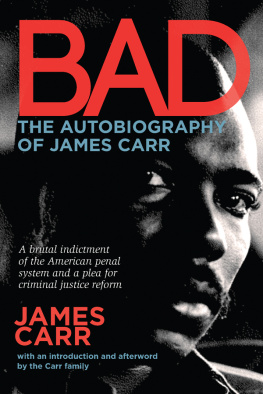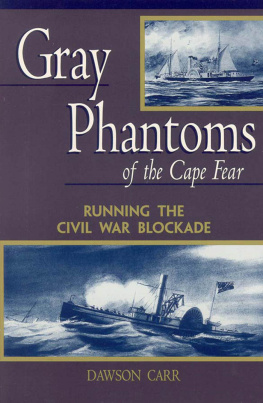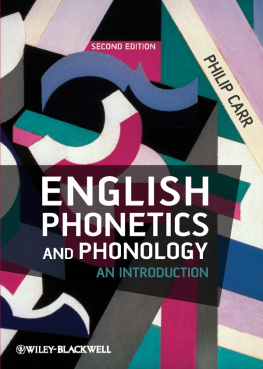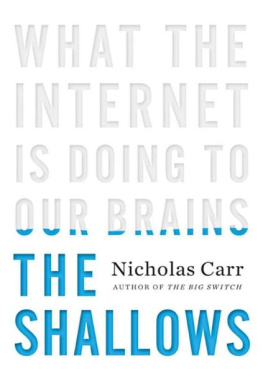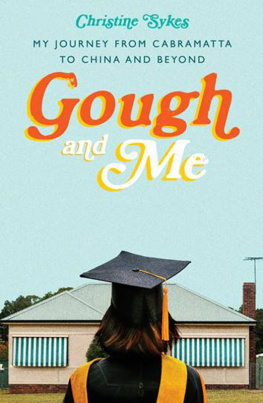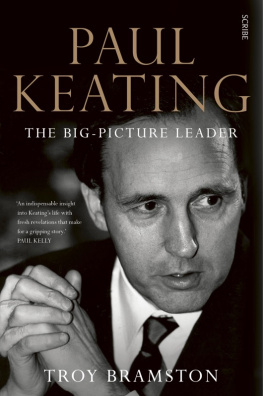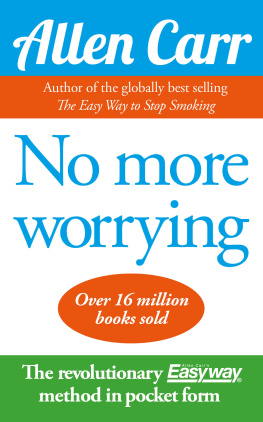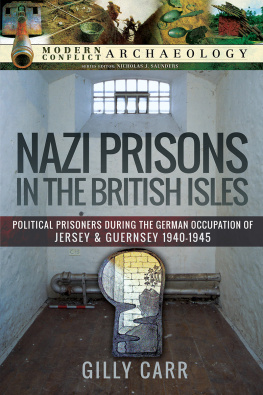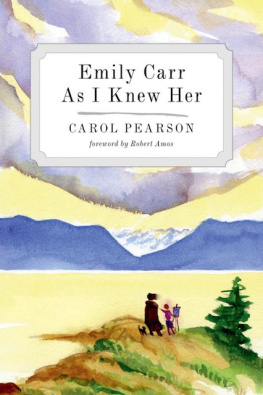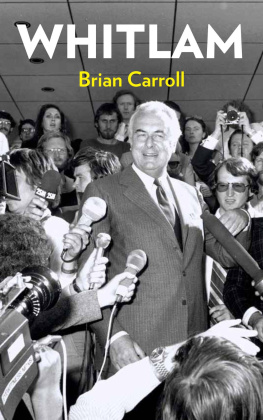Professor the Hon Bob Carr was the longest continuously serving premier in the history of New South Wales. He entered the federal Senate in 2012 and served as Australias foreign minister for eighteen months. Since leaving politics Bob has led a distinguished career as an author and academic. He is the director of the AustraliaChina Relations Institute at the University of Technology Sydney.
BOB CARR
RUN FOR YOUR LIFE

MELBOURNE UNIVERSITY PRESS
An imprint of Melbourne University Publishing Limited
Level 1, 715 Swanston Street, Carlton,Victoria 3053, Australia
www.mup.com.au

First published 2018
Text Bob Carr, 2018
Design and typography Melbourne University Publishing Limited, 2018
This book is copyright. Apart from any use permitted under the Copyright Act 1968 and subsequent amendments, no part may be reproduced, stored in a retrieval system or transmitted by any means or process whatsoever without the prior written permission of the publishers.
Every attempt has been made to locate the copyright holders for material quoted in this book. Any person or organisation that may have been overlooked or misattributed may contact the publisher.
Text extracts reproduced with permission courtesy John Della Bosca (pages 131 and 222); Tom Dusevic (pages 11516); Bob Ellis estate (pages 1778); Stephen FitzGerald (page 193); Richard Glover (pages 8990); Gideon Levy (pages 1789); Laurie Oakes (page 201) and The Sydney Morning Herald (page 103).
Cover design by Philip Campbell Design
Typeset by Megan Ellis
Printed in Australia by McPhersons Printing Group

ISBN 9780522873139 (pbk)
ISBN 9780522873146 (ebk)
CONTENTS
As always, to H
Fracture the story line. Start at the end Hold fragments up to the light. Even fling the whole thing in the air and see where it lands
THIRTY AND GOING NOWHERE
I n 1978 I was a journalist on The Bulletin, a weekly news magazine which employed me as a specialised writer on affairs of the labour movement. I was free to roam over any subjects that interested meprofiles of Labor leaders such as Bill Hayden and Paul Keating, stories about unions, visits to the coalmines in Queenslands Bowen Basin. I had a deadline once a week and only small pages to fill: it was a luxurious lack of pressure. I liked seeing my name as a by-line on the glossy pages. I was always learning things. Often, though, I was far from fond of this time-serving existence.
I was itching to practise politics, not write about it.
That was my mood on a spring day in 1978 when I walked up Macquarie Street in Sydney.The street contains the oldest buildings on the Australian continent: the Hyde Park Barracks, the Mint and Parliament House, designed by convict architect Francis Greenway. At this time, though, none of these had been restored, cleaned up or painted in heritage colours. Parking signs were stencilled on the columns of the Mint and cars parked in the forecourt of Parliament House. Restoring this precinct would become an achievement of Neville Wrans.
The handsome, smooth-tongued QC had been elected premier in 1976, narrowly. But now his leadership was growing in popularity and confidence. Wran was the new face of Labor, a beacon in the gloomy landscape following the defeat of the federal Whitlam government in 1975. Gough Whitlam and his chaotic, unstable, anti-business government were the past. Wran was Labors future. His style was centrist and moderate. In Parliament House I had friends who had already started their political careers with Wrans government. But today I was not going in to join them, not in the Strangers Dining Room or the members bar where, in this era, the cigarette smoke still fugged the atmosphere.
Instead I was headed to the State Library for an assignment that had started with promise but become boring: interviewing an ancient politician, Sir William McKell, the premier of New South Wales from 1941 to 1947 and later governor-general of Australia. I had already written a profile of him in The Bulletin. Grandly I had opined that with the death of Sir Robert Menzies the mantle of senior elder statesman, the title for the nations longest serving political warhorse passes to Sir William McKell. And I added: he was the architect of a style that in the post-Whitlam era looks like the only one for Labor leaders in a conservative society: that of a non-abrasive Labor politician, the politically sensitive leader, the reformer who carries the electorate with him.
And here it came, my rub: McKells political legacy is the confident and popular government that Neville Wran will take to the polls, probably in October.
McKell was barely known these days but might be encountered on the edge of official functions, like an Australia Day reception in the Wentworth Hotel or in Macquarie Street where he was ready to buttonhole a passer-by and remind them of his achievements. They were considerable. He had taken over leadership of the state ALP by ousting Jack Lang and led it to victory in 1941. His government set up a housing commission, delivered rural electricity, worked with Prime Minister Ben Chifley on the Snowy Mountains hydro-electric scheme, initiated soil conservation and declared the Kosciuszko National Park.
McKells political success was legendary: his moderation helped win country seats with hand-picked Akubra-hatted locals whom he badged as Labor candidates.When Chifley appointed him governor-general in 1947, he became the second Australian to hold the post. But McKells career had been overshadowed by the legend of the bombastic demagogue Jack Lang, leaving it to me and a few contemporaries such as Barrie Unsworth, John McCarthy and Michael and Shane Easson to rediscover a McKell legend, putting him at the heart of NSW Labor history.
But that 2000-word story in The Bulletin had trapped me into a follow-up series of taped interviews with the 86-year-old, now quietly desperate to have history take notice of his legacy. Did I really want to churn out a biography of a state premier? McKells life was looking a bit too sepia-tinged, even Palaeolithic. Also I was finding McKell, despite his worthiness, lacking in humour and self-deprecation. He would never laugh at any of his own mistakes, or even admit to any. He didnt acknowledge the paradox of unintended consequence as a motive force in human affairs, one of my favourite themes. Nor did he talk candidly about his own ambition, what must have been a ruthless determination to haul himself out of the slums of Redfern and take political power through full-blooded involvement in our split-prone, bruised and bickering workers party.
It was another old man, Alan Reid, the veteran political writer then like me on the staff of The Bulletin, who described political ambition as a fever in the blood. I struggled to find it in Billy McKell.
It was certainly in my blood. I was hungering after a political career from the Monday night I joined the MalabarSouth Matraville branch of the Australian Labor Party at the age of fifteen. I was resolved to become a Labor member of parliament as fast as I could.Yes, a fever in the blood. Joseph Conrad wrote, It was written I should be loyal to the nightmare of my choice. In my casesince becoming an adolescentmy chosen nightmare was to be elected to parliament as a Labor candidate in a safe seat.
In Macquarie Street that day, I passed Parliament House, full of the glamour of Wrans fresh government, to reach the State Library and its archival odours and my appointment with McKell.The smell of the reading room of the Mitchell Library was the reason I could never have contemplated a career of academic research. I felt trapped by this assignment. It was spring. The air was sticky. The moisture under my arms reminded me the baking heat of a Sydney summer was on its way, which meant another year was slipping past.
Next page

